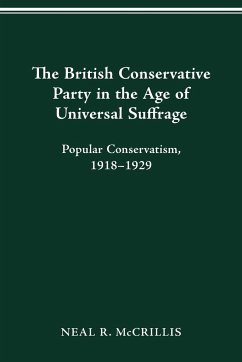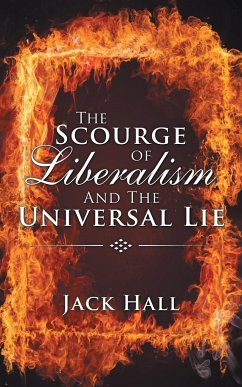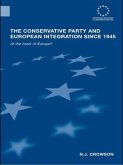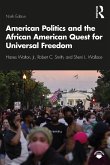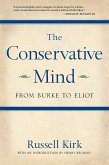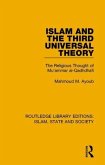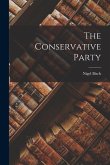The British Conservative Party in the Age of Universal Suffrage is a study of how Britain's Conservative Party responded to universal suffrage, which passed in two installments, in 1918 and 1928. In particular, Neal R. McCrillis focuses on the development of the popular or mass party, which in the 1920s began to appeal to new voters. To increase its support, the Conservatives created organizations that enrolled more than one million women, who had only recently gained the right to vote, as well as young people and laborers. They also developed effective educational and propaganda methods that gave the party the edge in retaining supporters and winning elections. This book examines both organizational and ideological innovation at the national and local levels. In order to explain the success of the Conservative Party during interwar years, McCrillis draws on the records of women's, youth's, and wage earners' organizations of the party. In addition, he has created a sample of constituencies, using local party records and local newspapers to study rank-and-file Conservatism, which is where he feels the changes in the party were most evident. The British Conservative Party in the Age of Universal Suffrage offers new insights into the history of the Conservative Party and develops a cogent explanation for the party's dominance of British politics for almost eighty years. Neal R. McCrillis is an assistant professor of history at Methodist College in Fayetteville, North Carolina.
Hinweis: Dieser Artikel kann nur an eine deutsche Lieferadresse ausgeliefert werden.
Hinweis: Dieser Artikel kann nur an eine deutsche Lieferadresse ausgeliefert werden.

